How sketching and painting have enhanced my scientific practice
A visual approach to chemistry aids discovery and communication
Maxwell’s demon might lurk in enzyme behaviour
The controversial process of enhanced enzyme diffusion could enable living systems to resist local equilibrium
Are food colour clashes worth the worry?
Calling artificial colours ‘petroleum-based poisons’ plays to popular fears, not necessarily evidence
Experimenting with murder
A criminal mastermind made sure their unusual poison attack would be fatal
Harrison’s bimetallic strip and the problems with temperature control
Making thermostats possible – now we need to learn how to use them correctly
The lost treasure of electron microscopy
Unpublished images should be brought to light to aid science communication and speed up discovery
My arcane and curious connection to metal-organic frameworks
Fernando Gomollón-Bel uncovers a link between his hometown and the 2025 Nobel prize in chemistry
Beyond selfies with Nobel laureates
Why young scientists must lead a new era of global collaboration
Our columnists

Philip Ball is an award-winning journalist, author and broadcaster who explores the history and philosophy of chemistry
Maxwell’s demon might lurk in enzyme behaviour
The controversial process of enhanced enzyme diffusion could enable living systems to resist local equilibrium

Raychelle Burks is an associate professor in the US and an award-winning science communicator and broadcaster.
Experimenting with murder
A criminal mastermind made sure their unusual poison attack would be fatal

Nessa Carson is a synthetic organic research chemist based in Macclesfield, UK
Learning computational chemistry in a new role
A change of team brings new opportunities to build knowledge
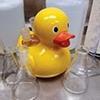
Chemjobber is a US-based industry insider, telling tales of tank reactors and organic obstacles
The art of hosting successful chemical plant visits
Hosting visitors is fun and requires a lot of preparation
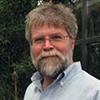
Derek Lowe is a medicinal chemist in the US, sharing wit and wisdom from a life spent in preclinical drug discovery
Is that a fact, or your opinion?
When experts are sidelined or undermined, the truth needs all the allies it can get

Chris Nawrat (aka BRSM) is a process chemist at a major pharmaceutical company in the US
(+)-Melicolone K
Sequential C–H activations open up the opportunity for an unusual transformation

Vanessa Seifert explores philosophical issues from the novel perspective of chemistry
Chemistry has always been women’s business
Female chemists played essential roles in developing chemical practice

Andrea Sella is a professor of inorganic chemistry in the UK with a passion for unravelling the unlikely origins of scientific kit
Harrison’s bimetallic strip and the problems with temperature control
Making thermostats possible – now we need to learn how to use them correctly
Research landscape
As a first-generation student, I didn’t have a clue what I was doing
And that brought challenges and unexpected opportunites
The chemist anthropologist
What new species remain to be discovered in the lab?
Some voices conspicuously silent when it comes to Trump’s science policies
Research-intensive universities have been targeted in an unprecedented and unrelenting manner since Donald Trump retook the White House on 20 January. In April, nearly a third of the 6000-plus members of the US National Academies of Sciences, which is a nonpartisan organisation charged with providing evidence-based science and technology advice ...
Drowning in a sea of fakery
Addressing rising fraud in the scientific literature is a huge issue that AI is set to exacerbate
Letters: September 2025
Readers discuss negative results, chemistry cold spots and more
What I learned from going back to university in my 30s
Advice for the young student (at heart)
Chemistry ‘deserts’ threaten to push poorer undergraduates out
Course and departmental closures in the UK are creating ‘cold spots’, leaving students high and dry
Industry landscape
Are food colour clashes worth the worry?
Calling artificial colours ‘petroleum-based poisons’ plays to popular fears, not necessarily evidence
Are food colour clashes worth the worry?
Calling artificial colours ‘petroleum-based poisons’ plays to popular fears, not necessarily evidence
Finding a home in the workshop
Departmental workshops provide support for researchers in more ways than one
Moderna’s vaccine regulatory hokey-cokey
US FDA initially refused to accept flu vaccine for review, but has since reversed that decision
Letters: March 2026
Readers discuss the long-lasting effects of sabotage, a mix-up of Maxes, and how PFAS regulations might affect inhalers
Profiles
How Thuc-Quyen Nguyen’s dreams of capturing the sun led her to organic electronics
Organic solar cell windows will enable the buildings of the future to be energy-neutral, she says
Veronica Vaida: ‘Some Harvard faculty expressed puzzlement at having a woman colleague’
The renowned physical chemist and environmental scientist on growing up in Romania and forging her career as a woman in the US in the 1970s
Embodying polymer chemistry with a purpose by upcycling plastics and trapping PFAS
For Frank Leibfarth, focussing on reactivity and selectivity helps him bridge the gap between fundamental and applied research
Embodying polymer chemistry with a purpose by upcycling plastics and trapping PFAS
For Frank Leibfarth, focussing on reactivity and selectivity helps him bridge the gap between fundamental and applied research
Rethinking hydrogen peroxide production
Hydro-Oxy and Addible both aim to transform how industry produces and uses a ubiquitous oxidant.
Alexandra Navrotsky: ‘I don’t think you attract people to science by big initiatives’
The nanogeoscientist on the importance of people to good science, the recent turnaround on diversity, equity and inclusion and why she will never be a professional artist
Building the future of separation science
Jennifer Kingston was awarded the Royal Society of Chemistry’s Technical Excellence Prize, which honours the vital role of technical staff in the chemical sciences community
Shedding light on how photoactive crystals respond in real time
Lauren Hatcher discusses her work developing techniques for time-resolved crystallography
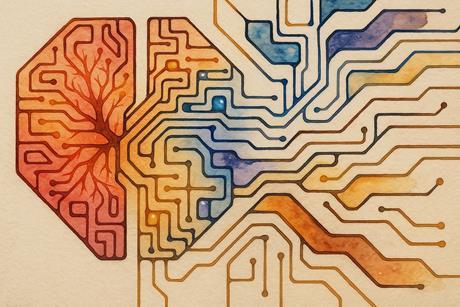




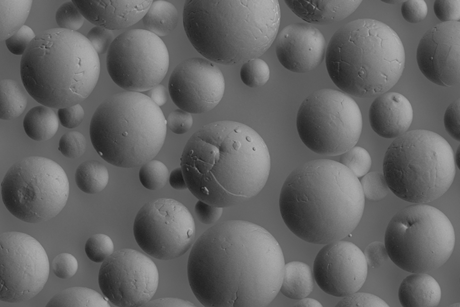

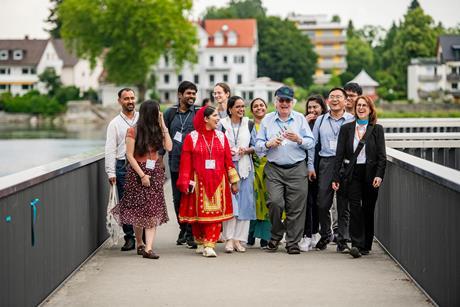














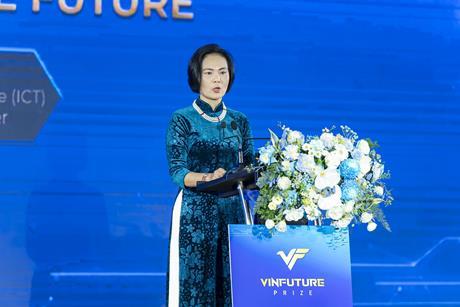


The summer I became a science journalist
By Mason Wakley
Mason Wakley on being a science writer intern at the Royal Society of Chemistry
I was almost robbed of my love for chemistry – but I fought my way back
By Anonymous chemistry student
An abusive lab member made my dream course a nightmare. By speaking up, I’m reclaiming my joy